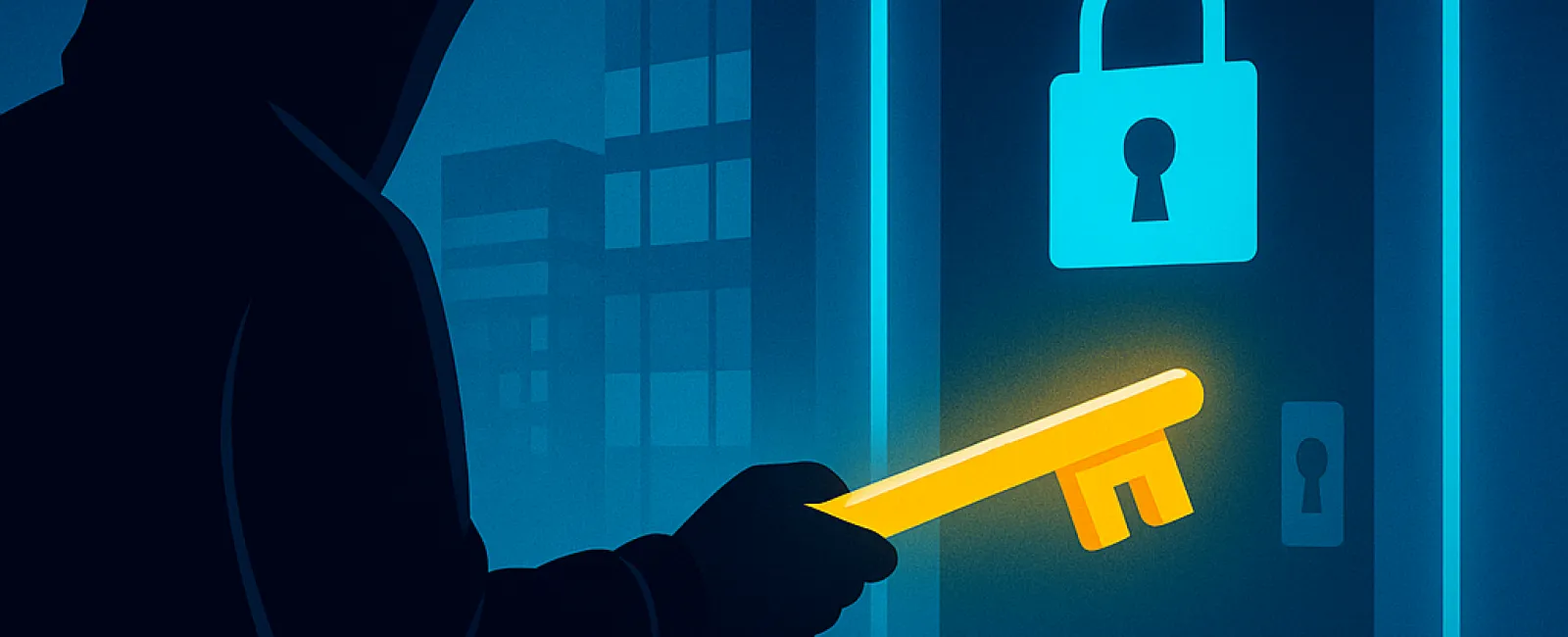August 04, 2025
Cybercriminals are evolving their tactics to target small businesses more effectively. Instead of forcing entry, they're gaining access quietly by stealing your login credentials—your digital keys.
This method, known as an identity-based attack, has become the leading technique hackers use to breach systems. They obtain passwords, deceive employees with phishing emails, or overwhelm users with login prompts until someone inadvertently grants access. Sadly, these strategies are proving highly effective.
Recent research from a top cybersecurity firm reveals that 67% of major security breaches in 2024 stem from compromised login details. Even industry giants like MGM and Caesars suffered from these attacks the year prior—meaning smaller businesses are equally at risk.
How Do Hackers Break In?
While stolen passwords remain the primary entry point, hackers are using increasingly sophisticated methods:
· Phishing emails and counterfeit login pages trick employees into revealing credentials.
· SIM swapping enables thieves to intercept text messages used for two-factor authentication (2FA).
· Multi-factor authentication (MFA) fatigue attacks bombard your phone with approval requests until you accidentally grant access.
Attackers also exploit vulnerabilities through personal devices and third-party vendors such as help desks or call centers to infiltrate your network.
Essential Steps to Safeguard Your Business
The good news? You don't need to be a cybersecurity expert to defend your company. Implementing a few key strategies can significantly enhance your protection:
1. Enable Multifactor Authentication (MFA)
Add an extra layer of security by requiring a second verification step during login. Opt for app-based or hardware security keys instead of SMS-based codes for stronger protection.
2. Educate Your Team
Empower employees to identify phishing scams and suspicious activities. Regular training helps ensure your security is only as strong as your staff's vigilance.
3. Restrict Access
Limit user permissions to only what's necessary. If a hacker compromises an account, restricted access minimizes potential damage.
4. Adopt Strong Password Practices or Go Passwordless
Encourage using password managers or advanced authentication methods like biometric logins or security keys to reduce reliance on traditional passwords.
The Bottom Line
Hackers relentlessly pursue your login credentials, constantly refining their tactics. Staying protected doesn't mean you have to face this challenge alone.
We specialize in implementing effective security measures that safeguard your business without complicating your team's workflow.
Wondering if your business is at risk? Click here or give us a call at 919-741-5468 to book your 15-Minute Discovery Call.





